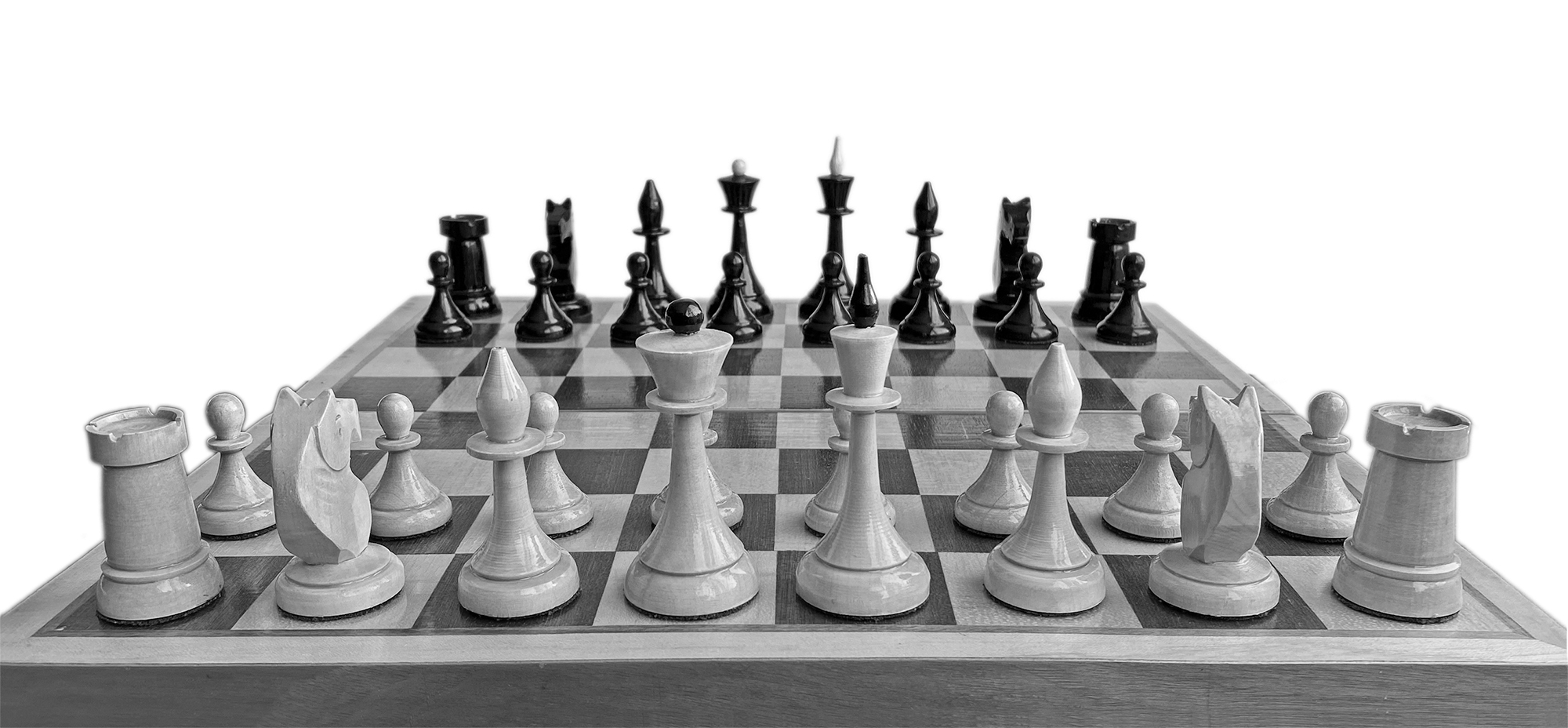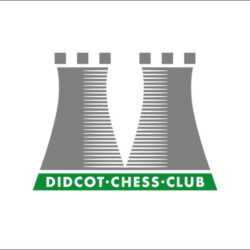Junior Chess @ Didcot
Chess for junior players (U16) runs on Wednesdays, 7pm at The Marlborough Club in Didcot.
Please send a txt to 0747 3307 370 to be added to the Whatsapp group, where notifications of upcoming sessions will be posted.
Benefits of chess for young players
The game of chess exercises many useful qualities and capabilities, such as:
Memory and concentration
Improving at chess means remembering familiar motifs and ideas, as well as avoiding previous mistakes.
Patience / attention span
Chess rewards spending more time thinking, rather than rushing moves. As children develop in chess, the time they spend considering important moves increases correspondingly. You can witness this difference watching junior chess tournaments where the players are separated by grade.
Self-confidence
As a solo competitive activity, a chess player relies only on themselves, which teaches younger players to take full responsibility for their actions.
Creativity in problem-solving
There are many ways to respond to situations in chess, and chess rewards players that can come up with unexpected solutions. Every game offers children the option to try something new.
Planning
One of the most important traits of a good chess player is the ability to plan ahead. This has many applications in other areas, and is likely to be a significant part of “lateral transfer” observed in some studies.
Consider the following common scenario:
Our opponent plays a move, and we remember that the position on the board relates to a checkmate pattern. However, we recognise that our checkmate would be stopped by an opponent’s piece. By understanding that this piece is our barrier to winning, we can formulate a plan to remove it. We can be creative in how we do this: we could directly attack the piece itself; or we could try to trick our opponent into using their piece to capture one of ours which we deliberately leave open to attack; or we could simply use the fact that the opponent cannot move that piece and attack the other parts of the board that it is unable to guard (due to having to protect against the checkmate). We then take time to consider which plan is the best one before we make our move, and be happy when our plan works out as we thought.
It should be clear here how chess relates to some of the qualities above. The concept of recognising and dealing with a barrier to a goal appears in many adult tasks, such as designing a scientific experiment and recognising that we need a way to deal with interference from a particular source in our measurements. Or in business it might be realised that it is necessary to start compliance with some regulatory scheme in order to be successful in important future tenders.
Below are links to some studies related to possible benefits to learning chess in younger players. This is by no means an exhaustive list. As always, consider the limitations of the studies and the fact that not all studies are equal (or even correct).
https://www.researchgate.net/publication/282555981_The_Effect_of_Playing_Chess_on_the_Concentration_of_ADHD_Students_in_the_2nd_Cycle
Small sample size. Supposedly some improvement in concentration in ADHD students.
https://journals.sagepub.com/doi/full/10.1177/2158244019870787
Large US analysis looking at maths and reading capability for non-chess players vs chess players vs tournament chess players. Noted significant boost for players that participated in tournaments.
https://journals.scholarpublishing.org/index.php/ASSRJ/article/download/4797/3036/12773
Impact of chess learning on cognitive processing speed in children.
https://nscfchess.org/wp-content/uploads/2020/07/CCSCSL-Literature-Review-of-Chess-Studies-November-2014.pdf
Literature review as at 2014. After school chess programs supposedly positively correlated with improved mathematics ability.
https://files.eric.ed.gov/fulltext/EJ833690.pdf
Looking at children with special needs. Some discussion of lateral transfer in general.
https://www.researchgate.net/publication/262602576_Cognitive_Benefits_of_Chess_Training_in_Novice_Children
Small sample size, more of a pilot.
https://ficheall.ie/wp-content/uploads/2019/09/KVDC-Chess-and-autism-by-Karel-van-Delft.pdf
Chess and young people on the autism spectrum.
https://journals.sagepub.com/doi/10.1177/2158244015596050 https://ficheall.ie/wp-content/uploads/2019/09/Chess-Study-Italy-2015.pdf
Large Italian study of 8-11 year old players and maths. Shows some relationship to improved maths ability, but note that as with most of these studies there was no placebo group, just a control group.
General Tips for Younger Players
- Openings
Try to move most of your pieces once, before moving any of them a second time.
Try to make sure that your pieces are guarded, and that any checks on your King are not dangerous. - Practice
Puzzles are very good for improving chess ability. Do them with no time limit so you can think about the right answer, try not to guess. - Time
Avoid playing fast games. Try to play 10 minute games at a minimum, to make sure you have time to think about each move.
It is a good idea to sit on your hands until you think of the best move, so that you don’t quickly move and make a mistake. - Rating
Rating is only a number. As long as we learn something with every loss, then our rating will start to go up eventually.
Remember that when you start playing online, you might lose a lot to begin with because you are given hard opponents. Eventually you will get to the right level and start winning some games.
Useful Chess Resources
- https://www.chesskid.com/
Games, puzzles, and challenges specifically aimed at young players.
- https://lichess.org/
Free site with a great selection of puzzles. Enable ‘kid mode’ in the profile for safety. - https://chesstempo.com/opening-training/
A good place to enter your favourite openings, or openings from a YouTube lesson, to train and remember them. - https://aimchess.com/
Lots of different training resources to try out. - YouTube
There are lots of great chess videos on YouTube, and most of them are innocuous, but it would be best for an adult to check the channel content first.

